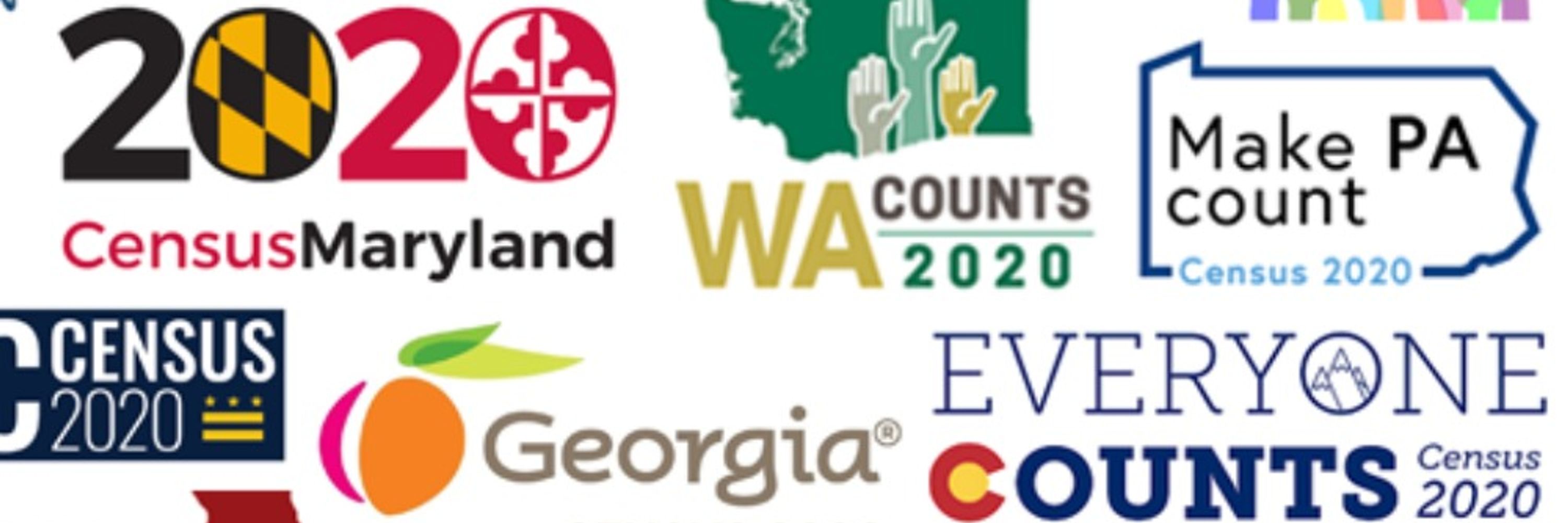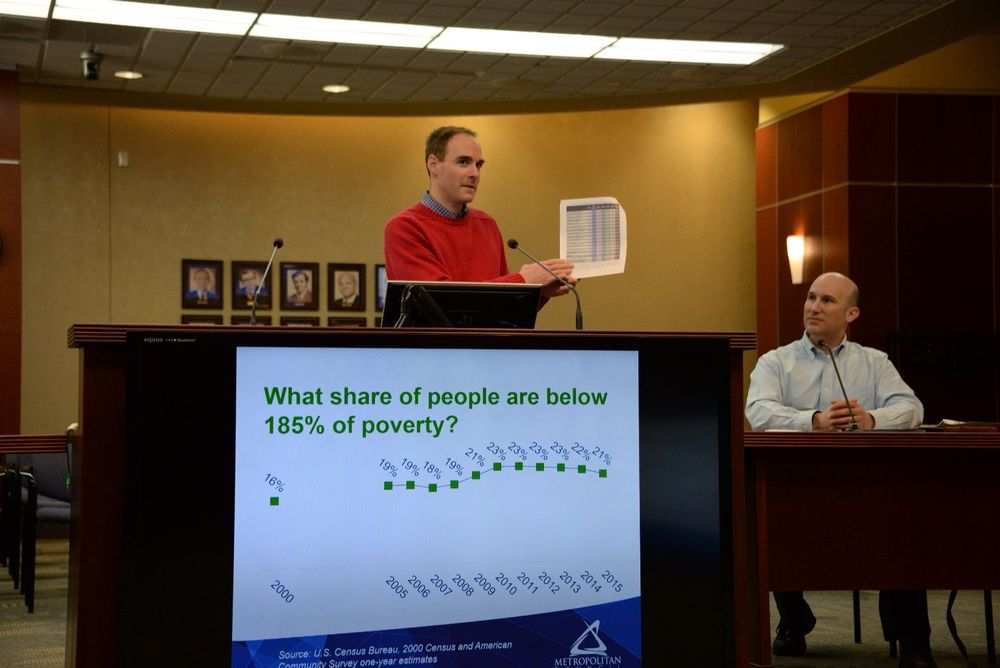"What's Popping" - The Quarterly Newsletter of the Population Studies Center - Winter 2026
"What's Popping" - The Quarterly Newsletter of the Population Studies Center - Winter 2026
img{-ms-interpolation-mode:bicubic;}
table, td{mso-table-lspace:0pt;mso-table-rspace:0pt;}
.mceStandardButton, .mceStandardButton td, .mceStandardButton td a{mso-hide:all!important;}
p, a, li, td, blockquote{mso-line-height-rule:exactly;}
p, a, li, td, body, table, blockquote{-ms-text-size-adjust:100%;-webkit-text-size-adjust:100%;}
.mcnPreviewText{display:none!important;}
.bodyCell{margin:0 auto;padding:0;width:100%;}
.ExternalClass, .ExternalClass p, .ExternalClass td, .ExternalClass div, .ExternalClass span, .ExternalClass font{line-height:100%;}
.ReadMsgBody, .ExternalClass{width:100%;}
a[x-apple-data-detectors]{color:inherit!important;text-decoration:none!important;font-size:inherit!important;font-family:inherit!important;font-weight:inherit!important;line-height:inherit!important;}
body{height:100%;margin:0;padding:0;width:100%;background:#ffffff;}
p{margin:0;padding:0;}
table{border-collapse:collapse;}
td, p, a{word-break:break-word;}
h1, h2, h3, h4, h5, h6{display:block;margin:0;padding:0;}
img, a img{border:0;height:auto;outline:none;text-decoration:none;}
a[href^="tel"], a[href^="sms"]{color:inherit;cursor:default;text-decoration:none;}
.mceColumn .mceButtonLink,
.mceColumn-1 .mceButtonLink,
.mceColumn-2 .mceButtonLink,
.mceColumn-3 .mceButtonLink,
.mceColumn-4 .mceButtonLink{min-width:30px;}
div[contenteditable="true"]{outline:0;}
.mceImageBorder{display:inline-block;}
.mceImageBorder img{border:0!important;}
body, #bodyTable{background-color:rgb(255, 255, 255);}
.mceText, .mcnTextContent, .mceLabel{font-family:"Helvetica Neue", Helvetica, Arial, Verdana, sans-serif;}
.mceText, .mcnTextContent, .mceLabel{color:rgb(32, 46, 74);}
.mceText h1, .mceText h2, .mceText p, .mceText ul, .mceText label, .mceText input{margin-bottom:0;}
.mceSpacing-24 .mceInput + .mceErrorMessage{margin-top:-12px;}
.mceSpacing-12 .mceInput + .mceErrorMessage{margin-top:-6px;}
.mceInput{background-color:transparent;border:2px solid rgb(208, 208, 208);width:60%;color:rgb(77, 77, 77);display:block;}
.mceInput[type="radio"], .mceInput[type="checkbox"]{float:left;margin-right:12px;display:inline;width:auto!important;}
.mceLabel > .mceInput{margin-bottom:0;margin-top:2px;}
.mceLabel{display:block;}
.mceText p, .mcnTextContent p{color:rgb(32, 46, 74);font-family:"Helvetica Neue", Helvetica, Arial, Verdana, sans-serif;font-size:16px;font-weight:normal;line-height:1.5;mso-line-height-alt:150%;text-align:left;letter-spacing:0;direction:ltr;margin:0;}
.mceText h1, .mcnTextContent h1{color:rgb(255, 255, 255);font-family:"Helvetica Neue", Helvetica, Arial, Verdana, sans-serif;font-size:78px;font-weight:bold;line-height:1;mso-line-height-alt:100%;text-align:left;letter-spacing:0;direction:ltr;}
.mceText h2, .mcnTextContent h2{color:rgb(32, 46, 74);font-family:"Helvetica Neue", Helvetica, Arial, Verdana, sans-serif;font-size:20px;font-weight:normal;line-height:1;mso-line-height-alt:100%;text-align:left;letter-spacing:0;direction:ltr;}
.mceText a, .mcnTextContent a{color:rgb(0, 0, 0);font-style:normal;font-weight:normal;text-decoration:underline;direction:ltr;}
.mceText h1 a, .mceText h2 a, .mceText h3 a, .mceText h4 a, .mceText h5 a, .mceText h6 a, .mcnTextContent h1 a, .mcnTextContent h2 a, .mcnTextContent h3 a, .mcnTextContent h4 a, .mcnTextContent h5 a, .mcnTextContent h6 a{color:inherit;font-weight:inherit;}
p.mcePastedContent, h1.mcePastedContent, h2.mcePastedContent, h3.mcePastedContent, h4.mcePastedContent{text-align:left;}
#d25 p, #d25 h1, #d25 h2, #d25 h3, #d25 h4, #d25 ul{text-align:end;}
@media only screen and (max-width: 480px) {
body, table, td, p, a, li, blockquote{-webkit-text-size-adjust:none!important;}
body{width:100%!important;min-width:100%!important;}
body.mobile-native{-webkit-user-select:none;user-select:none;transition:transform 0.2s ease-in;transform-origin:top center;}
colgroup{display:none;}
.mceLogo img, .mceImage img, .mceSocialFollowIcon img{height:auto!important;}
.mceWidthContainer{max-width:660px!important;}
.mceColumn, .mceColumn-2{display:block!important;width:100%!important;}
.mceColumn-forceSpan{display:table-cell!important;width:auto!important;}
.mceColumn-forceSpan .mceButton a{min-width:0!important;}
.mceReverseStack{display:table;width:100%;}
.mceColumn-1{display:table-footer-group;width:100%!important;}
.mceColumn-3{display:table-header-group;width:100%!important;}
.mceColumn-4{display:table-caption;width:100%!important;}
.mceKeepColumns .mceButtonLink{min-width:0;}
.mceBlockContainer, .mceSpacing-24{padding-right:16px!important;padding-left:16px!important;}
.mceBlockContainerE2E{padding-right:0;padding-left:0;}
.mceImage, .mceLogo{width:100%!important;height:auto!important;}
.mceText img{max-width:100%!important;}
.mceFooterSection .mceText, .mceFooterSection .mceText p{font-size:16px!important;line-height:140%!important;}
.mceText p{margin:0;font-size:16px!important;line-height:1.5!important;mso-line-height-alt:150%;}
.mceText h1{font-size:55px!important;line-height:1!important;mso-line-height-alt:100%;}
.mceText h2{font-size:18px!important;line-height:1.25!important;mso-line-height-alt:125%;}
.bodyCell{padding-left:18px!important;padding-right:18px!important;}
.mceButtonContainer{width:fit-content!important;max-width:fit-content!important;}
.mceButtonLink{padding:18px 28px!important;font-size:16px!important;}
.mceDividerContainer{width:100%!important;}
#b11 .mceTextBlockContainer{padding:20px 50px 25px!important;}
#gutterContainerId-11, #gutterContainerId-25, #gutterContainerId-31, #gutterContainerId-32, #gutterContainerId-33, #gutterContainerId-34, #gutterContainerId-39, #gutterContainerId-40, #gutterContainerId-41, #gutterContainerId-43, #gutterContainerId-44, #gutterContainerId-45, #gutterContainerId-46, #gutterContainerId-47, #gutterContainerId-48, #gutterContainerId-50, #gutterContainerId-51, #gutterContainerId-53, #gutterContainerId-54, #gutterContainerId-61, #gutterContainerId-62{padding:0!important;}
#b25 .mceTextBlockContainer{padding:12px 20px 30px 16px!important;}
#b31 .mceTextBlockContainer, #b54 .mceTextBlockContainer{padding:15px 60px 25px!important;}
#b32 .mceTextBlockContainer, #b34 .mceTextBlockContainer, #b39 .mceTextBlockContainer{padding:15px 50px 25px!important;}
#b33 .mceTextBlockContainer{padding:25px 50px!important;}
#b40 .mceTextBlockContainer{padding:15px 60px 0!important;}
#b41 .mceTextBlockContainer{padding:15px 50px 10px!important;}
#b42 table, #b52 table{float:none!important;margin:0 auto!important;}
#b42{padding:12px 24px 16px!important;}
#b42 .mceButtonContainer, #b52 .mceButtonContainer{width:42%!important;max-width:42%!important;}
#b42 .mceButtonLink, #b52 .mceButtonLink{padding-top:16px!important;padding-bottom:16px!important;font-size:18px!important;}
#b43 .mceTextBlockContainer, #b44 .mceTextBlockContainer, #b45 .mceTextBlockContainer, #b46 .mceTextBlockContainer, #b47 .mceTextBlockContainer, #b48 .mceTextBlockContainer, #b50 .mceTextBlockContainer, #b51 .mceTextBlockContainer, #b53 .mceTextBlockContainer{padding:20px 24px 0!important;}
#b52, #b60, #b63, #b64{padding:12px 24px!important;}
#b60 table, #b64 table{margin-left:auto!important;margin-right:auto!important;float:none!important;}
#b61 .mceTextBlockContainer{padding:12px 24px 0!important;}
#b62 .mceTextBlockContainer{padding:4px 24px 0!important;}
#b63 .mceDividerBlock{border-top-width:1px!important;}
}
@media only screen and (max-width: 640px) {
.mceClusterLayout td{padding:4px!important;}
}
PSC's Winter newsletter includes updates about the center & great resources for population scientists
͏ ͏ ͏ ͏ ͏ ͏ ͏ ͏ ͏ ͏ ͏ ͏ ͏ ͏ ͏ ͏ ͏ ͏ ͏ ͏ ͏ ͏ ͏ ͏ ͏ ͏ ͏ ͏ ͏ ͏ ͏ ͏ ͏ ͏ ͏ ͏ ͏ ͏ ͏ ͏ ͏ ͏ ͏ ͏ ͏ ͏ ͏ ͏ ͏ ͏ ͏ ͏ ͏ ͏ ͏ ͏ ͏ ͏ ͏ ͏ ͏ ͏ ͏ ͏ ͏ ͏ ͏ ͏ ͏ ͏ ͏ ͏ ͏ ͏ ͏ ͏ ͏ ͏ ͏ ͏ ͏ ͏ ͏ ͏ ͏ ͏ ͏ ͏ ͏ ͏ ͏ ͏ ͏ ͏ ͏ ͏ ͏ ͏ ͏ ͏ ͏ ͏ ͏ ͏ ͏ ͏ ͏ ͏ ͏ ͏ ͏ ͏ ͏ ͏ ͏ ͏ ͏ ͏ ͏ ͏ ͏ ͏ ͏ ͏ ͏ ͏ ͏ ͏ ͏ ͏ ͏ ͏ ͏ ͏ ͏ ͏ ͏ ͏ ͏ ͏ ͏ ͏ ͏ ͏ ͏ ͏ ͏ ͏ ͏ ͏ ͏ ͏ ͏ ͏ ͏ ͏ ͏ ͏ ͏ ͏ ͏ ͏ ͏ ͏ ͏ ͏ ͏ ͏ ͏ ͏ ͏ ͏ ͏ ͏ ͏ ͏ ͏ ͏ ͏ ͏ ͏ ͏ ͏ ͏ ͏ ͏ ͏ ͏ ͏ ͏ ͏ ͏ ͏ ͏ ͏ ͏ ͏ ͏ ͏ ͏ ͏ ͏ ͏ ͏ ͏ ͏ ͏ ͏ ͏ ͏ ͏ ͏ ͏ ͏ ͏ ͏ ͏ ͏ ͏ ͏ ͏ ͏ ͏ ͏ ͏ ͏ ͏ ͏ ͏ ͏ ͏ ͏ ͏ ͏ ͏ ͏ ͏ ͏ ͏ ͏ ͏ ͏ ͏ ͏ ͏ ͏ ͏ ͏ ͏ ͏ ͏ ͏ ͏ ͏ ͏ ͏ ͏ ͏ ͏ ͏ ͏ ͏ ͏ ͏ ͏ ͏ ͏ ͏ ͏ ͏ ͏ ͏ ͏ ͏ ͏ ͏ ͏ ͏ ͏ ͏ ͏ ͏ ͏ ͏ ͏ ͏ ͏ ͏ ͏ ͏ ͏ ͏ ͏ ͏ ͏ ͏ ͏ ͏ ͏ ͏ ͏ ͏ ͏ ͏ ͏ ͏ ͏ ͏ ͏ ͏ ͏ ͏ ͏ ͏ ͏ ͏ ͏ ͏ ͏ ͏
WHAT’S POPPING?
JANUARY 2026
Letter from the Director
Dear colleagues,
It has been an autumn of challenges and changes into our population sciences world, and I am grateful for having had the chance to think through our collective goals and responses to uncertainty. I have been so proud to work alongside committed people continuing to ask critical questions about topics that have come into the public spotlight. These include the debates about fertility, family formation, reproductive health, migration, extreme weather, health insurance, disability, socioeconomic inequality and more, providing rigorous evidence for efforts to preserve and improve opportunity and well being.
We will hear more about these research projects and programs at our Brown Bag series and in our monthly Coffee Chats, but also in two Research Incubation Group meetings in February. In those meetings, we’ll aim to build new research connections and think about ways to continue our data collection and analysis of urgent issues and current conditions. We’ll also be piloting some PSC-centric training for population science mentors in March - keep an eye on the calendar for these special events. I can’t wait to dig in with you in the new year, and hear about how I can enable your energy, creativity, and collaboration.
Please be in touch!
Sarah Burgard, PSC Director
Welcome to PSC!
We are delighted to welcome new faculty to PSC: Nafeesa Andrabi, Alexander Adames, Edward Fox, Seoyoun Kim, Cindy Buckley, Kara Zivin, and HwaJung Choi.
PSC is now home to a team of RAs who’ve joined our staff to work with Amanda Kowalski: Neil Christy, Avi Goldberg, Darion Phan, Griffin Shufeldt, Alayna Tisch, Lai Wei, Shuheng Zhang, and Ryan Fraser.
(Pictured above: Nafeesa Andrabi and Alexander Adames with Joe LaBriola and Hannah Tessler at September’s PSC Welcome Picnic)
Going to PAA?
The Annual Meeting of the Population Association of America will be May 6-9 in St. Louis.
*
Book your room early!
*
Thanks to our 12 volunteers for reviewing posters for PAA: Jess Dozier, Janet Wang, Soohyeon Ko, David Yang, Wesley Correll-King, Kyungeun Song, Catalina Anampa Castro, Zoey Wang, Cayley Ryan-Claytor, Junchao Tang, Hannah Tessler and Shane Burns!
*
Slide deck and poster templates in Google and Canva are available for optional use
*
Read about 5 Things to Do in St. Louis in our Q&A with PSC staffer and St. Louian Bob Kaikati
NIMLAS Plenary and CFP
The Network for Innovative Methods in Longitudinal Aging Studies (NIMLAS) is open for pilot project applications, with pre-propsals due Jan. 9, 2026!
The NIMLAS 4th annual plenary will be Feb. 26.
Led by Brady T. West, Sunghee Lee, and Esther Friedman, NIMLAS is a network of experts shaping methodological innovations for longitudinal studies and the measurement of aging populations.
PSC News and Updates
Chitwan Valley Family Study 30th Anniversary
New Insights on Historic Causes of Maternal Deaths
Births down, wages up: U-M study links historic birth rate drop to closing gender pay gap
DMACS marks 10 years of listening to Detroiters for shared impact
Below: Julie Maslowsky’s kids (last year) representing in their PSC Tees















